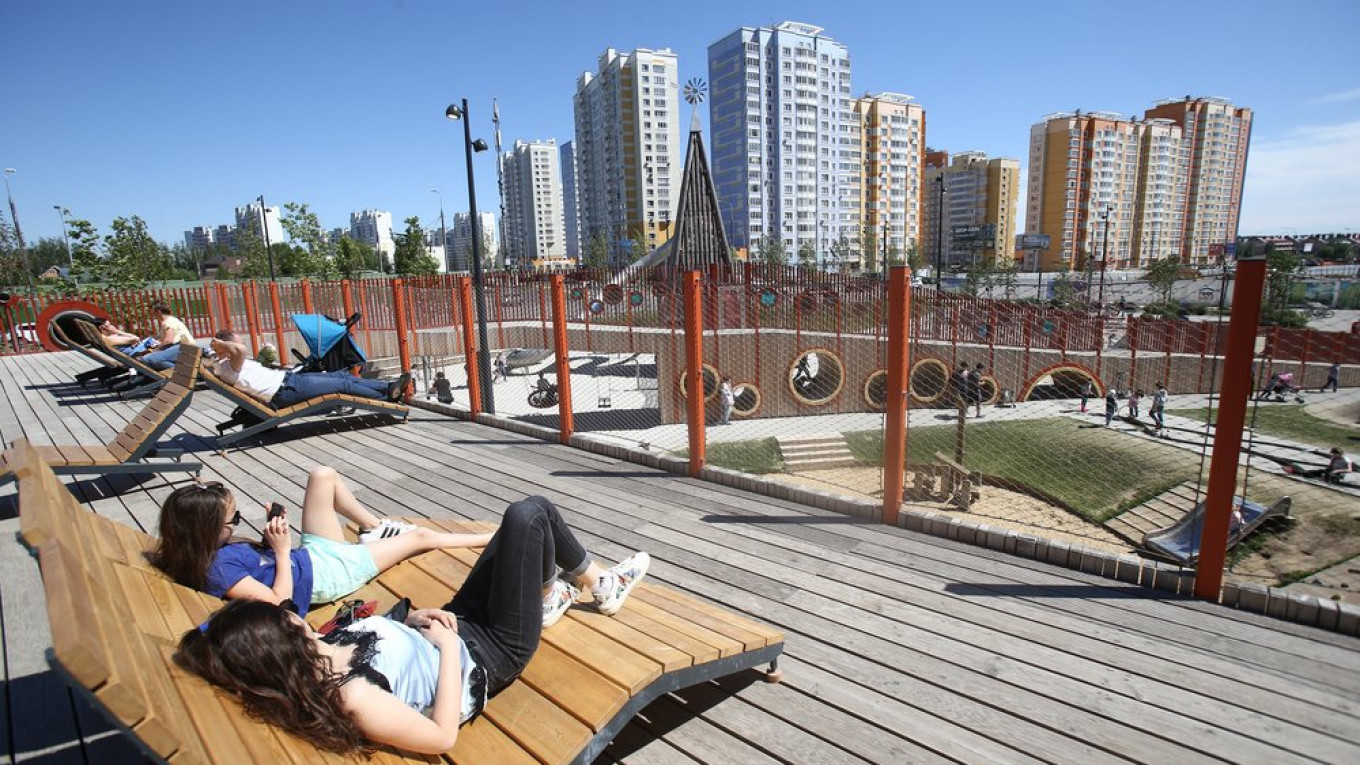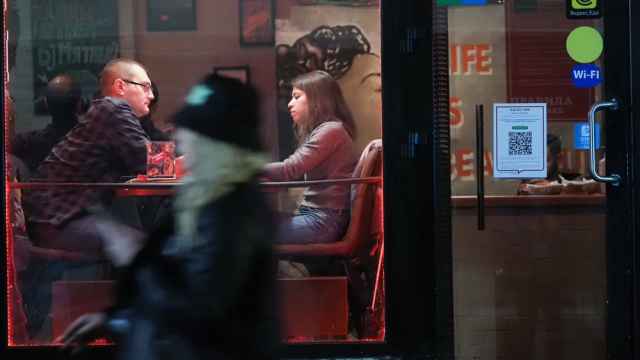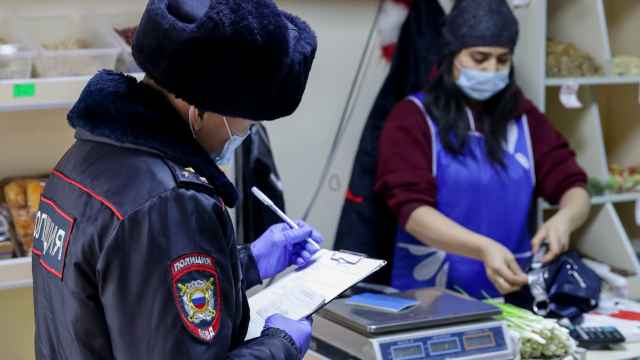A government scheme for cheap mortgages has propelled the Russian market back into rapid growth just weeks after the end of the nationwide coronavirus lockdown.
Mortgage lending was up 28% in June compared with the same month last year, after banks issued a total of 258 billion rubles ($3.6 billion) to homebuyers throughout the month, according to data from the Joint Credit Bureau cited by news site RBC.
Almost 40% of the total volume was in the form of government-supported loans on new houses — one of the key planks of Moscow’s economic response to the coronavirus — introduced in April. The scheme offers mortgages capped at 6.5% interest on the purchase of new homes — up to a maximum of 12 million rubles ($175,000) in Moscow and St. Petersburg, and half that level in the regions. At the time it was rolled out, the Central Bank’s interest rate was 6%, but has since been lowered to 4.25%.
Russia’s average mortgage rate has fallen from more than 10.5% to 7.4% over the last 12 months, Central Bank data shows.
More than 80,000 mortgages have been approved under the scheme, and the Russian government is considering extending it beyond its current October expiry date.
The policy has been a boon to the construction industry coming out of the crisis, particularly in Moscow where housebuilding was frozen under strict quarantine measures in April, according to VTB Capital real estate analyst Maria Kolbina. “The freefall in residential sales in early April — down 65% — was arrested by the introduction of subsidized mortgages,” she said in a recent research note.
Russia’s mortgage and housing market lags many other countries — a hangover of the breakup of the Soviet Union and traditionally high interest rates. With rates falling, analysts see more room for growth. “The total mortgage portfolio is around 7% of GDP currently, with the potential to reach 20%-plus over the long term,” Artem Yamschikov, real estate analyst at Renaissance Capital estimated.
“Certainly, we think additional momentum should be expected from the government’s support,” he added.
A Message from The Moscow Times:
Dear readers,
We are facing unprecedented challenges. Russia's Prosecutor General's Office has designated The Moscow Times as an "undesirable" organization, criminalizing our work and putting our staff at risk of prosecution. This follows our earlier unjust labeling as a "foreign agent."
These actions are direct attempts to silence independent journalism in Russia. The authorities claim our work "discredits the decisions of the Russian leadership." We see things differently: we strive to provide accurate, unbiased reporting on Russia.
We, the journalists of The Moscow Times, refuse to be silenced. But to continue our work, we need your help.
Your support, no matter how small, makes a world of difference. If you can, please support us monthly starting from just $2. It's quick to set up, and every contribution makes a significant impact.
By supporting The Moscow Times, you're defending open, independent journalism in the face of repression. Thank you for standing with us.
Remind me later.






